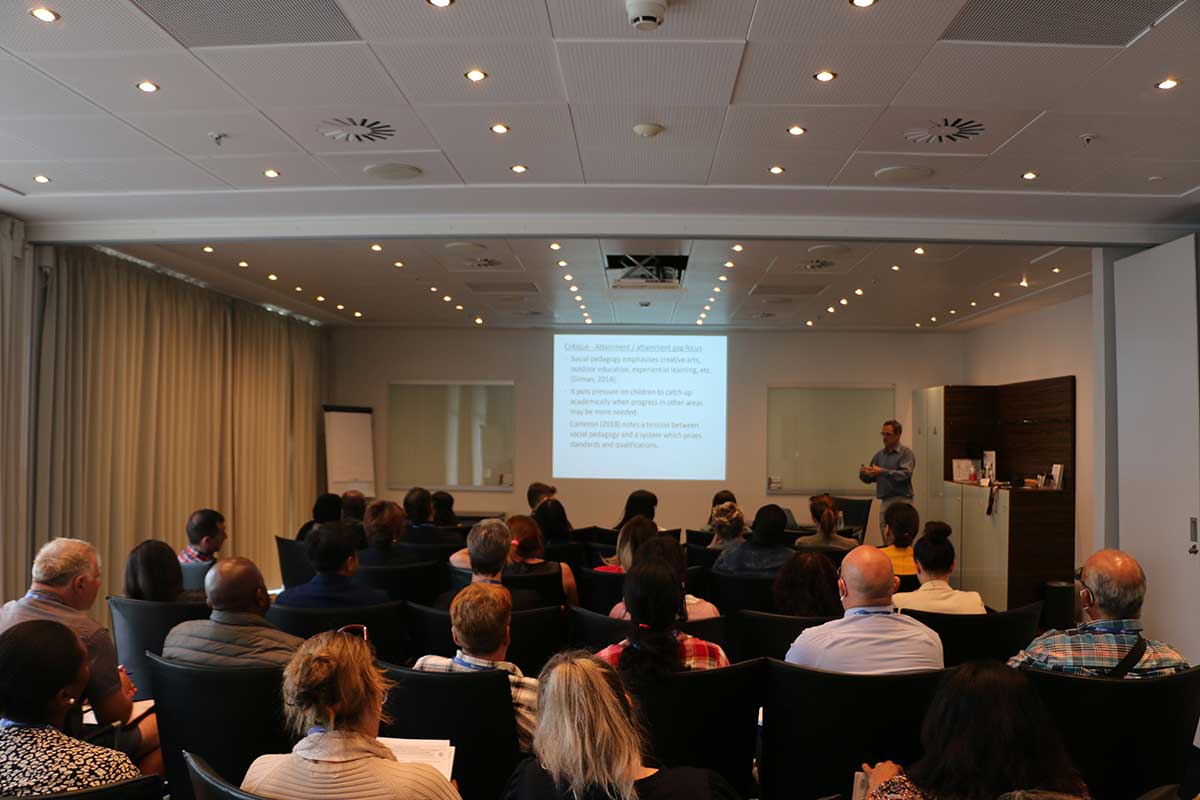Every day academics wade through emails full of spelling errors and promises with the immediate publication of their research. The emails always say not to worry about peer review, these journals seem to be willing to publish anything as long a big chunk of money is exchanged with them. These are predatory journals targeting developing countries specifically, and they’re very common these days. They’re different from mainstream journals because they charge high fees to publish the articles and the worst thing is they don’t follow any of the quality assurance processes expected in the academic publication.
Academics in the developing world have become a favorite target for these journals, they keep falling into these traps but why is it the case? A couple of explanations can be given to this issue. The main one being that the academic publishing is too often linked to performance targets and incentive funding causing academics to take shortcuts. South Africa is a great example here. In South Africa academics are often encouraged to publish because this will increase the subsidy the institution receives from the state rather than because it is a university’s task to contribute to knowledge
There’s every reason for African countries to focus on increasing academics’ publishing outputs to ensure distribution of their research. In reality, Africa contributes very little to international knowledge creation. This is mainly because countries in Africa have not focused on the capacity to increase their academic publishing. As some suggest, developing such capacity will need to move beyond initiatives designed to support individual academics to take on the requisite research and academic writing practices.
The institutional culture plays a very important role in knowledge creation as well. It is after all the university’s public good responsibility. African academics also continue to face multiple obstacles, such as the biases inherent in the publishing industry.
To overcome these problems South Africa has adopted an approach that involves the department of higher education and training encouraging publication output through a national funding formula. It follows various approaches to ensure that only quality contributions are funded in this way. But the process is not failsafe.

Universities need the money generated by publication output. Various mechanisms are put in place to ensure that academics publish. First, they reward academic publication explicitly in probation and promotion requirements. Secondly, some universities have imported the notion of key performance indicators from industry: research productivity is measured and the regular generation of research publications is required. And thirdly, many universities provide financial incentives to the individual author in the form of funding into a research account. In a few cases, this funding even takes the form of bonuses in the academic’s salary.
The department of higher education and training has warned against the use of incentives due to the consequences they bring. However, they are still widely used. These institutional mechanisms have created a problematic culture in some universities where “getting published” becomes the end goal. Quality is overshadowed by quantity. Quantity edges out quality. That is the main reason why predatory journals become successful in these regions.
Research indicates that over a ten-year period, research-intensive universities had less than 1% of their publications in journals that showed strong evidence of being predatory. In the same period, five other universities – which are less research-intensive in focus had more than 10% of their publications in such journals.
This is yet another reason for building up a strong research culture within universities. If we create an understanding that academic publication is about knowledge creation rather than meeting performance targets or receiving incentive funding, academics and universities are less likely to fall into the traps of these predators.
More intensive measures are also required to support academics in making meaningful contributions. A published paper is contributing to the boundaries of a particular field. Academics should be publishing wherever the conversation to which they are contributing is happening. Selecting a journal on the basis of where our knowledge contribution is most likely to be read helps academics to identify predatory publications.
The good news here is that there is growing number of high-quality open access journals which ensure that contributions are widely available to all not only for universities with access to expensive databases. Moreover, more quality open access journals are being published in the Global South Africa, South America and so forth. There is more hope for academics to get their work recognized in legitimate publications which follow quality measures necessary for credible academic contributions. Hope to see less of predatory journals targeting developing countries in future.
Source: https://theconversation.com
Sioux McKenna, Director of PG Studies & Higher Education Studies PhD Co-ordinator, Rhodes University, Predatory Journals












0 Comments